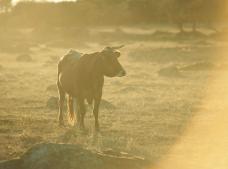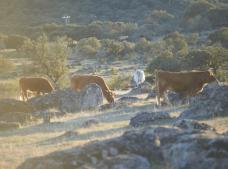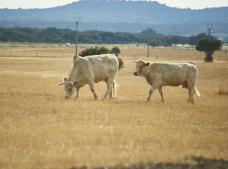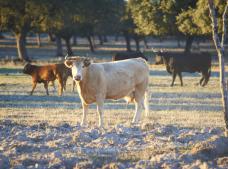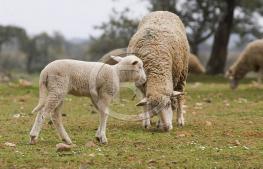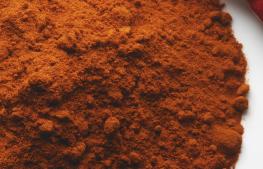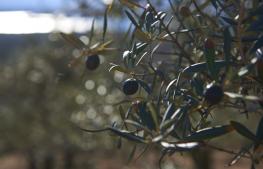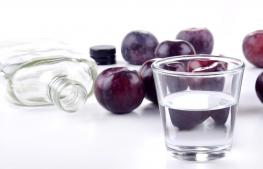Extremaduran Veal
Extremaduran breeds
The cattle that produce PGI Extremaduran Veal are reared on the Extremaduran dehesa grasslands in all the counties within the region.
The local breeds that graze on the dehesas and that are covered by the PGI are Retinta, Avileña-Negra Ibérica, Morucha, Blanca Cacereña, Berrenda en Negro and Berrenda en Colorado and the crosses between them.
The Blanca Cacereña breed was on the brink of disappearing in the mid-1970s. This breed and its crosses with black stock resulted in the Barroso Extremeño variant.
The animals are cared for intensively from birth. The calves feed on mother’s milk up to the age of five months, and the rest of their lives they feed on dehesa grasses. They only receive food supplements when the pasture runs out, and the food provided by the PGI Regulatory Board is always controlled and based on straw, hay, grains and legumes and fibrous concentrates.
Another distinctive feature of animals from the Dehesa de Extremadura PGI is that they live alongside stock of Merino sheep and Iberian pigs, as well as wild fauna. Once again, the dehesa farming system may be the best ally of the human-ecosystem relationship, at a time when there is so much emphasis on sustainability, respect and conservation of the environment.
The PGI certifies three kinds of animals for slaughter:
heifer calf, between seven and 12 months old, characterised by its bright pink meat with white fat, mainly fed mother’s milk, although this can be supplemented with authorised food sources;
yearling bulls, between 12 and 16 months old, with light red to purplish meat and white fat;
and young bull, between 16 and 36 months old, with cherry red meat and yellowish fat.
Everything is strictly controlled from source to labelling and product certification, meaning PGI Extremaduran Veal lives up to its motto, ‘from dehesa to table’.
Weather
Cáceres
20Dec

5 ºC
12 ºC
21Dec

4 ºC
10 ºC
22Dec

4 ºC
12 ºC
23Dec

6 ºC
13 ºC
24Dec

6 ºC
12 ºC
If you like Extremaduran Veal you will like this too...
Extremaduran lamb
The Protected Geographical Indication covers lambs that graze in the dehesa grasslands of Cáceres and Badajoz and that are reared on mother’s milk
La Vera paprika
La Vera paprika has its history in the province of Cáceres thanks to Holy Roman Emperor Charles V.
Gata-Hurdes Oil
The Gata-Hurdes Protected Designation of Origin includes the counties of Fata, Hurdes, Trasierra, Tierras de Granadilla, part of Alagón, Ambroz, Je
Liqueurs
In addition to the export of the fruits, with several million cherries every year, in 1989 the Jerte Valley Cooperatives Group began to distil che
More things you can find in Cáceres
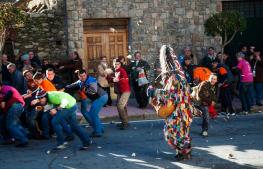
Festivals of Tourist Interest
The province of Cáceres is home to one Festival of International Tourist Interest and two festivals declared as being of National Tourist Interest.
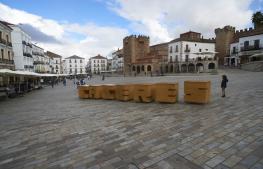
Old Town of Cáceres
The decree declaring Cáceres as a Monumental Site was published on 21 January 1949, and in 1986 UNESCO included the Old Town of Cáceres in its list
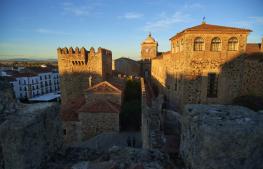
Monumental city of Cáceres
The topography plays an important role in the urban development of Cáceres, as the city stands on uneven ground, between the Sierra de la Mosca mou

